News
-
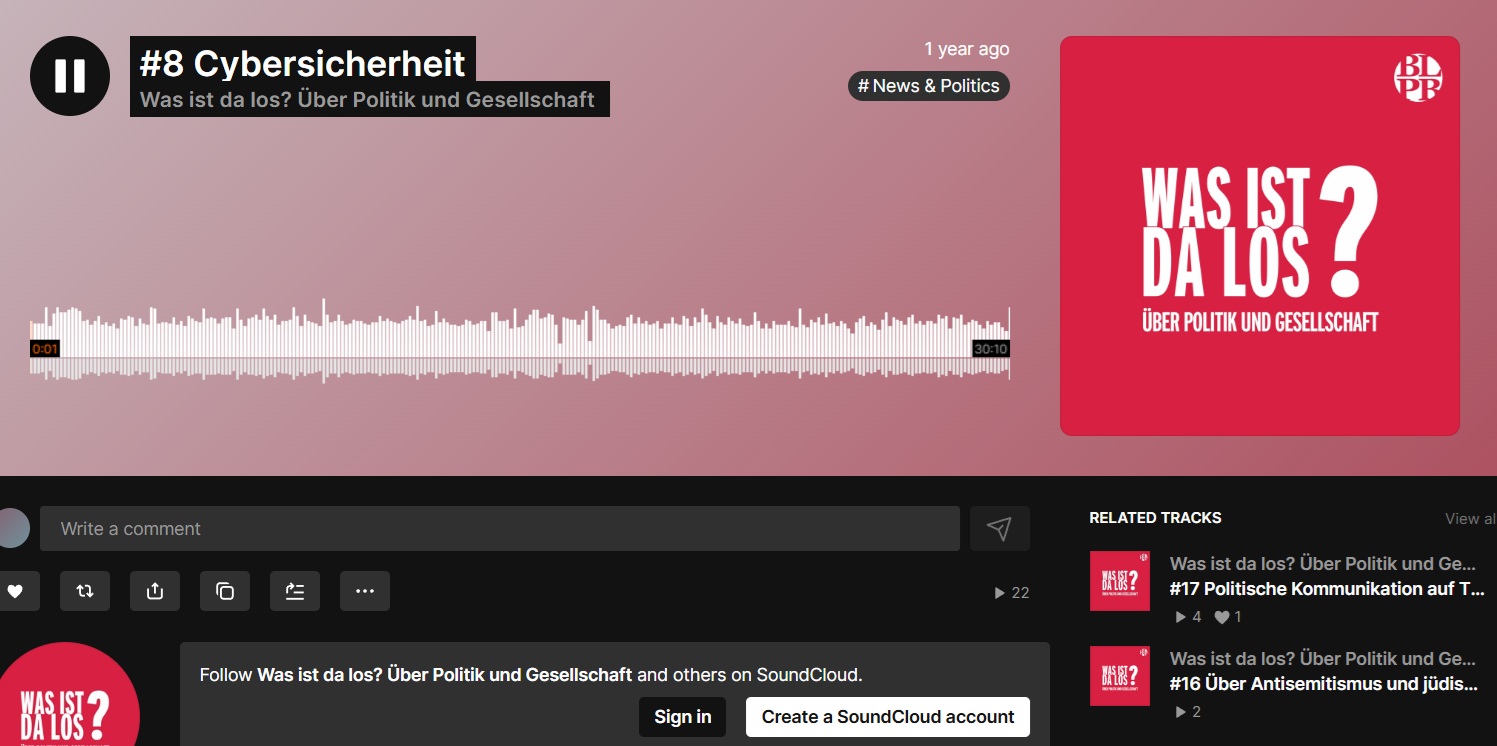
Matthias was a guest on the podcast “Was ist da los?”, which explores important political and social issues. Our expert spoke about threats in cyberspace and the need to strengthen comprehensive societal and institutional resilience to prevent the disastrous consequences of cyberattacks. You can listen to the interview here. Photo credits: Soundcloud/”Was ist da los?”
-
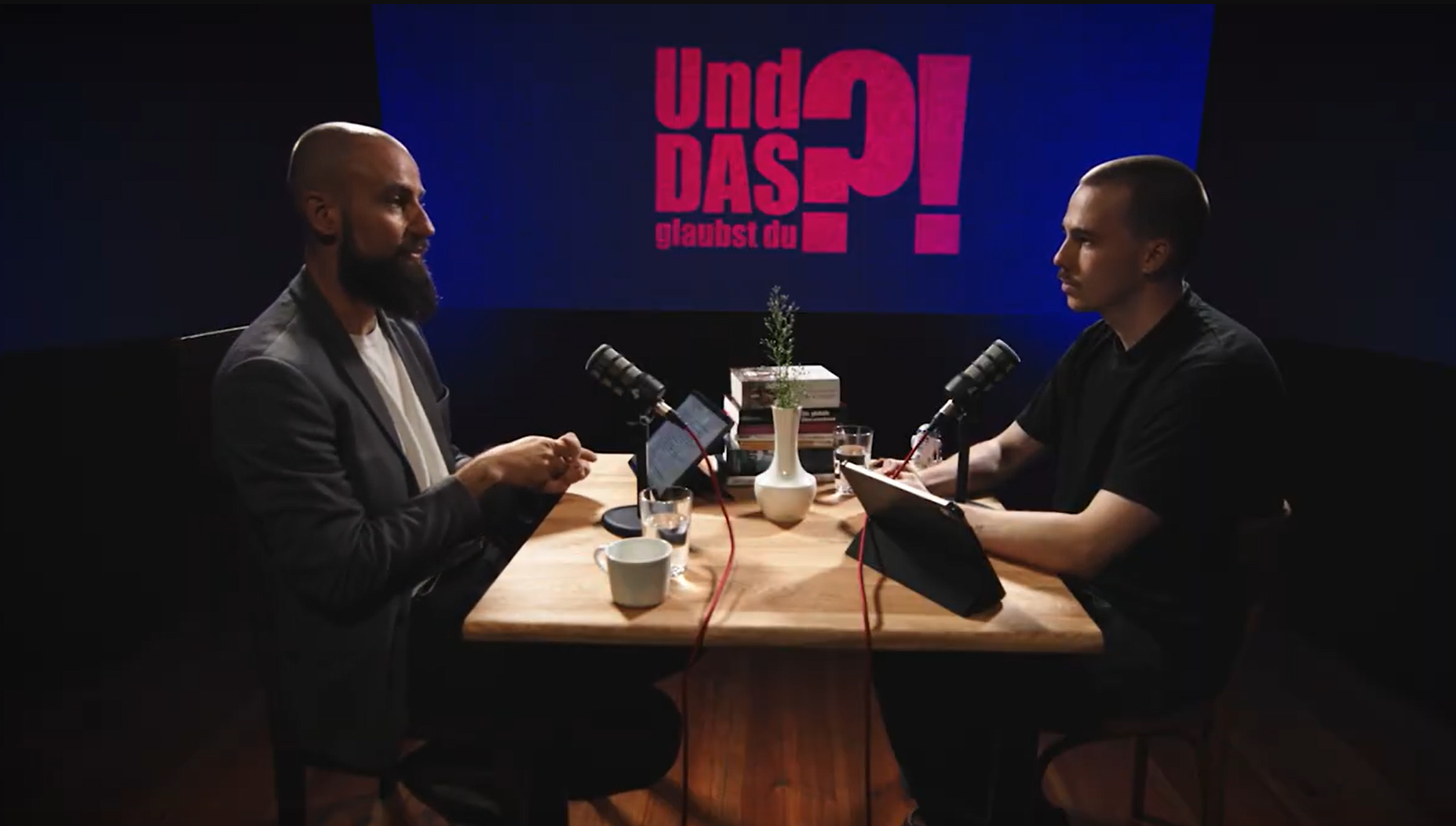
#1 Und DAS glaubst du?! – Ist Desinformation eigentlich ein neues Phänomen? mit Dr. Matthias Schulze
Matthias was interviewed by “Und DAS glaubst du?!” a German Podcast on Disinformation. The interview tackles the concept of active measures and disinformation, discusses the historic origins of the phenomena, historical disinformation campaigns during the Cold War and how digital media and the Internet are a game-changer, accelerating volume, speed and reach of disinformation. Photo…
-
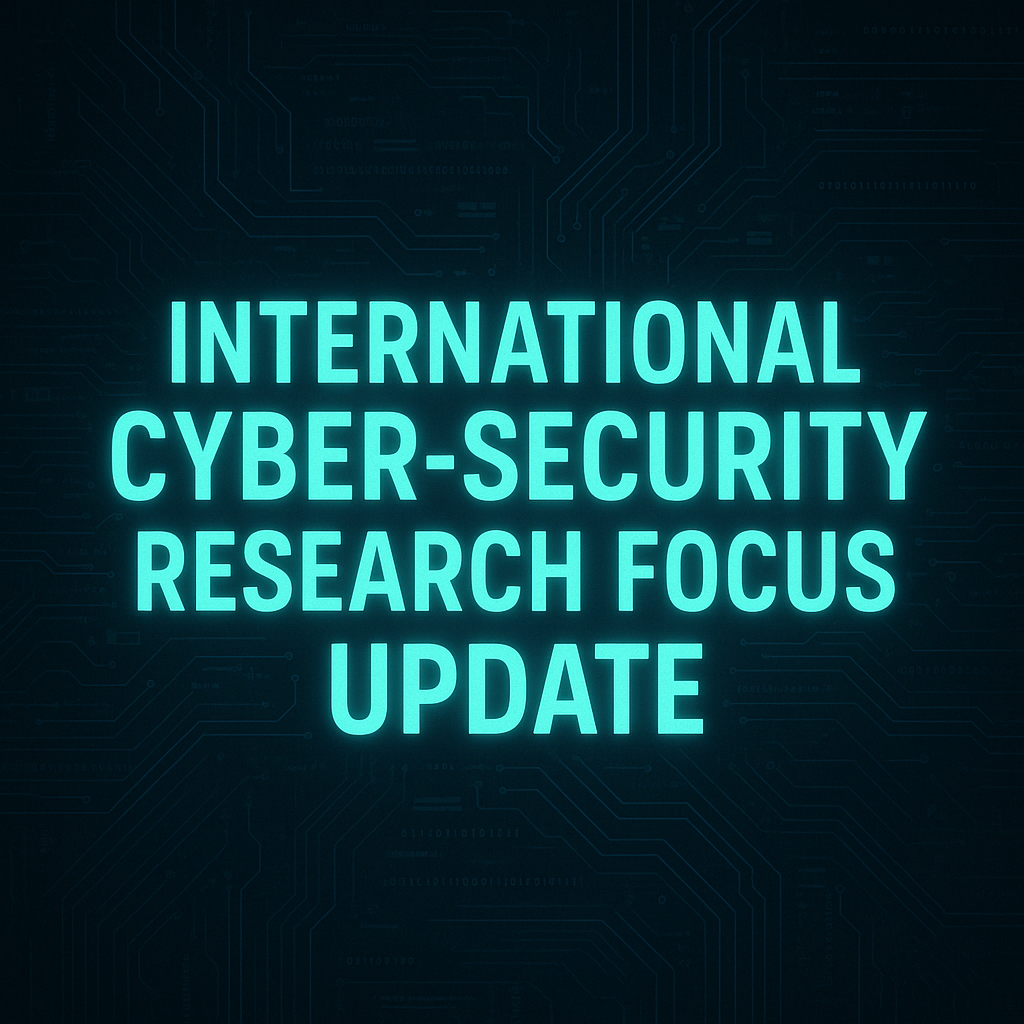
Dear colleagues, partners, and friends of International Cybersecurity, As we have navigated the complex global digital challenges in the first half of 2025, we would like to reflect on many contributions from our International Cybersecurity Team at the Institute for Peace Research and Security Policy at the University of Hamburg (IFSH). We hope this overview…
-
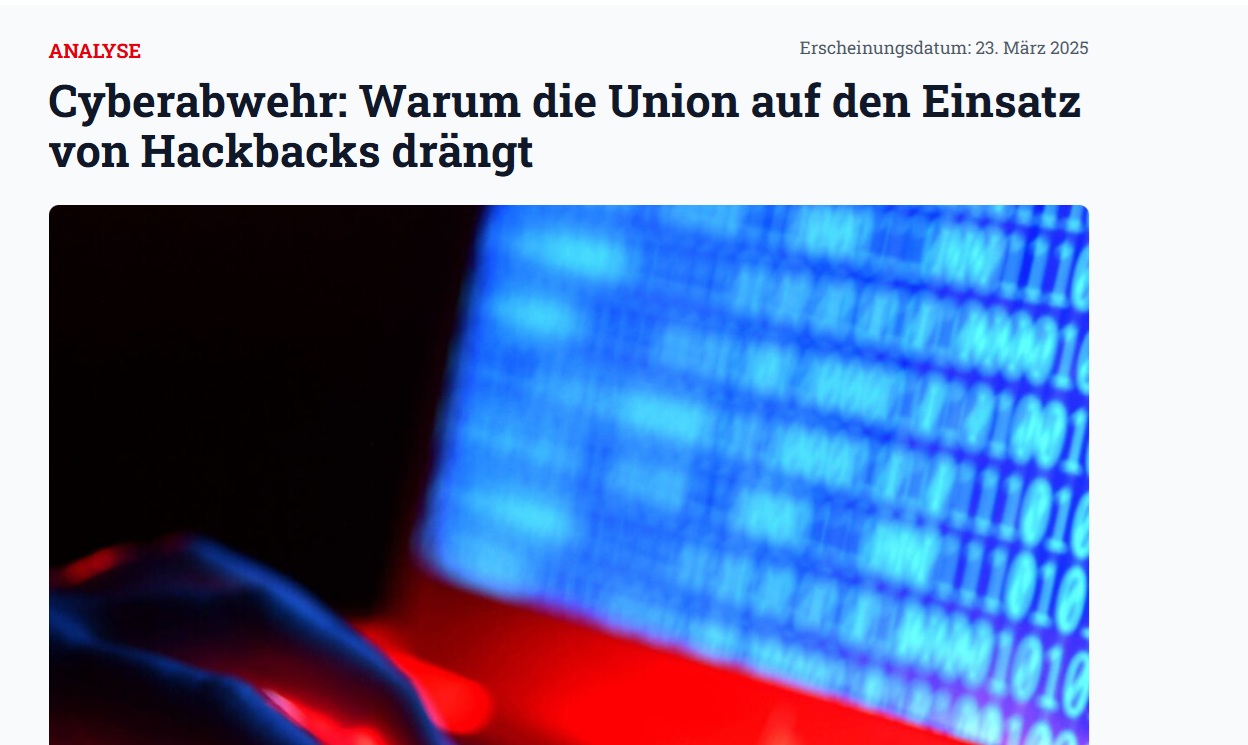
In an interview with Table Briefings, Matthias spoke about Germany’s offensive capabilities and the controversial issue of hackbacks, which continues to divide politicians and experts. The CDU/CSU is pushing for increased German cyber capabilities, including the development of offensive capabilities. Until now, German governments have rejected this form of operations, which could currently constitute a…
-

Matthias collaborated with Deutschlandfunk for their podcast -series “Dark Agent – Im Netz der Geheimdienste [in the spider’s web of secret services]” which traces the story of operation “Triangulation”, a rather mysterious cyberattack affecting the Russian security firm Kaspersky. In this true-crime podcast series, Matthias explains the structure of white, gray and black-markets for 0-day…
-
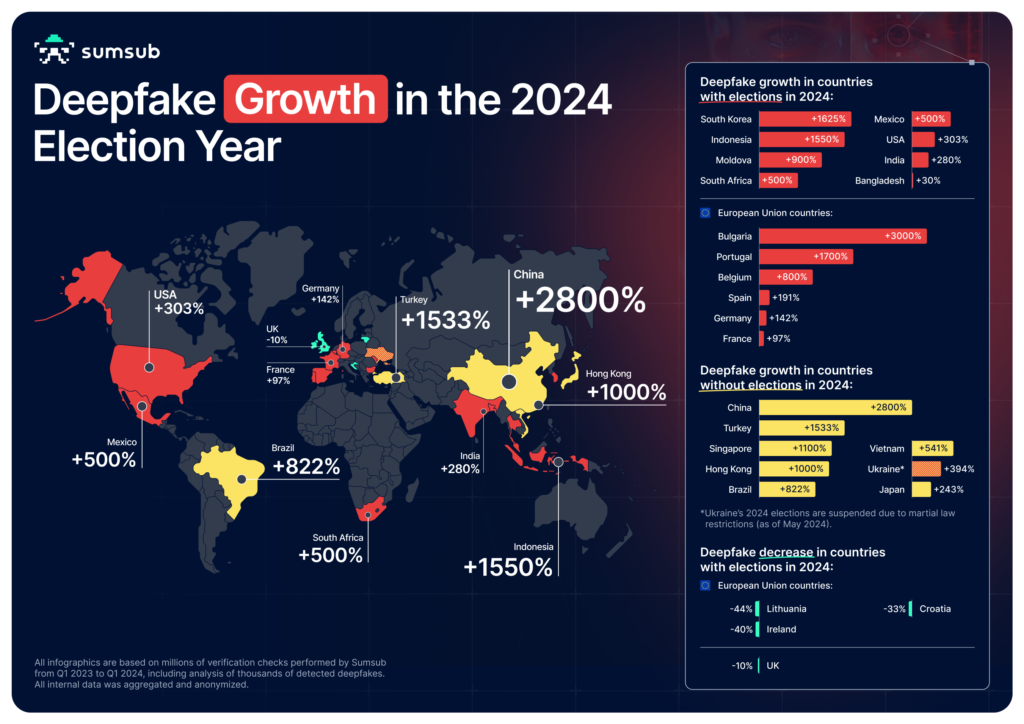
Mateusz Łabuz authored the OpEd titled “Deep fakes pose a risk to electoral processes, but apparently not in a direct way. For now?”. The article was published by Disruptor Tech Media. Generative artificial intelligence is changing the world of politics and the information ecosystem. It accelerates the content creation and its exchange, reduces costs, but…
-
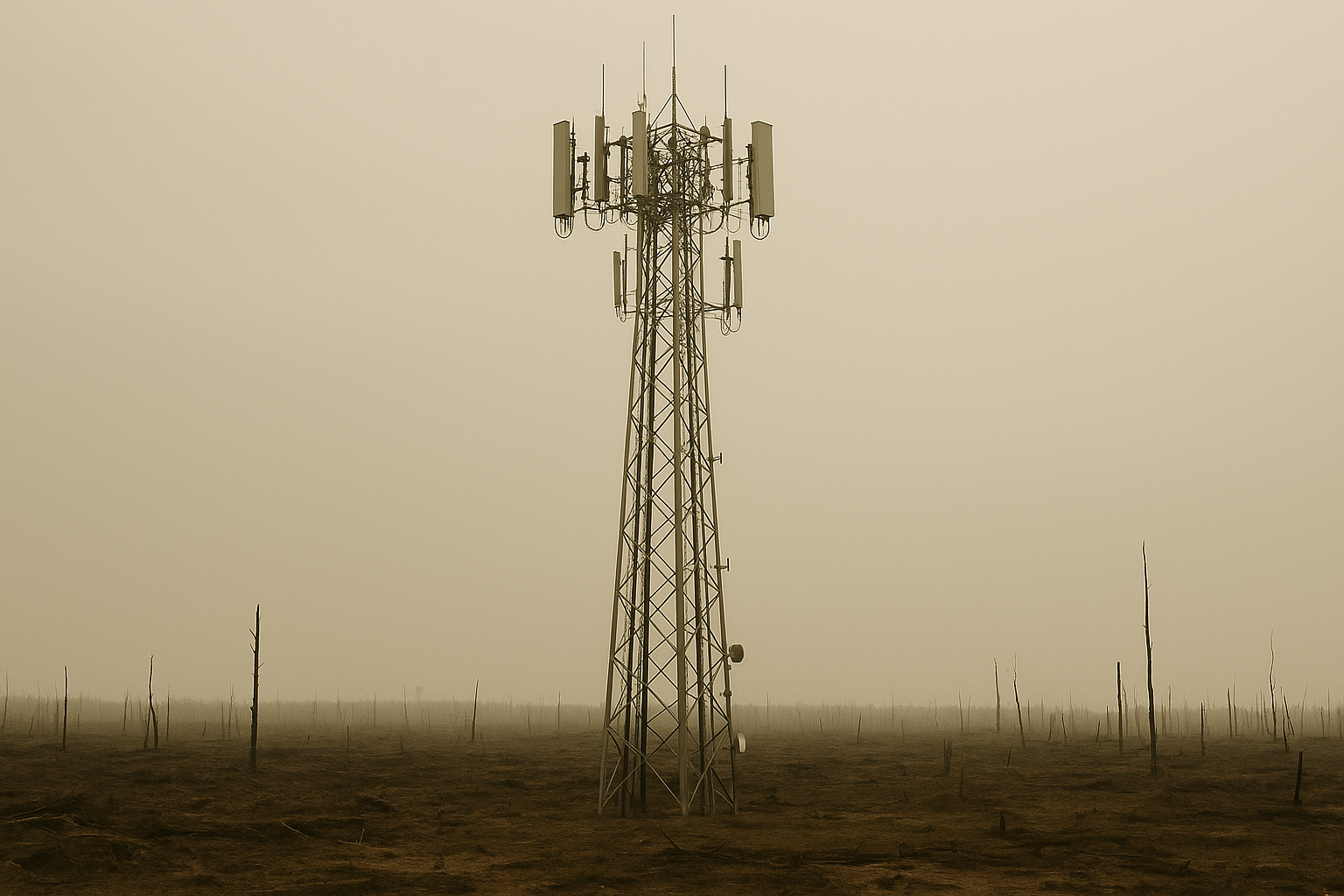
On July 9, 2025, the Institute for Peace Research and Security Policy (IFSH) hosted a webinar titled “Cyber Operations in the Wars in Ukraine and Gaza: No Revolution in Warfare Yet.” The event marked the launch of a new research paper by Dr. Matthias Schulze, offering an evidence-based analysis of cyber-operations in the Russia-Ukraine war…
-
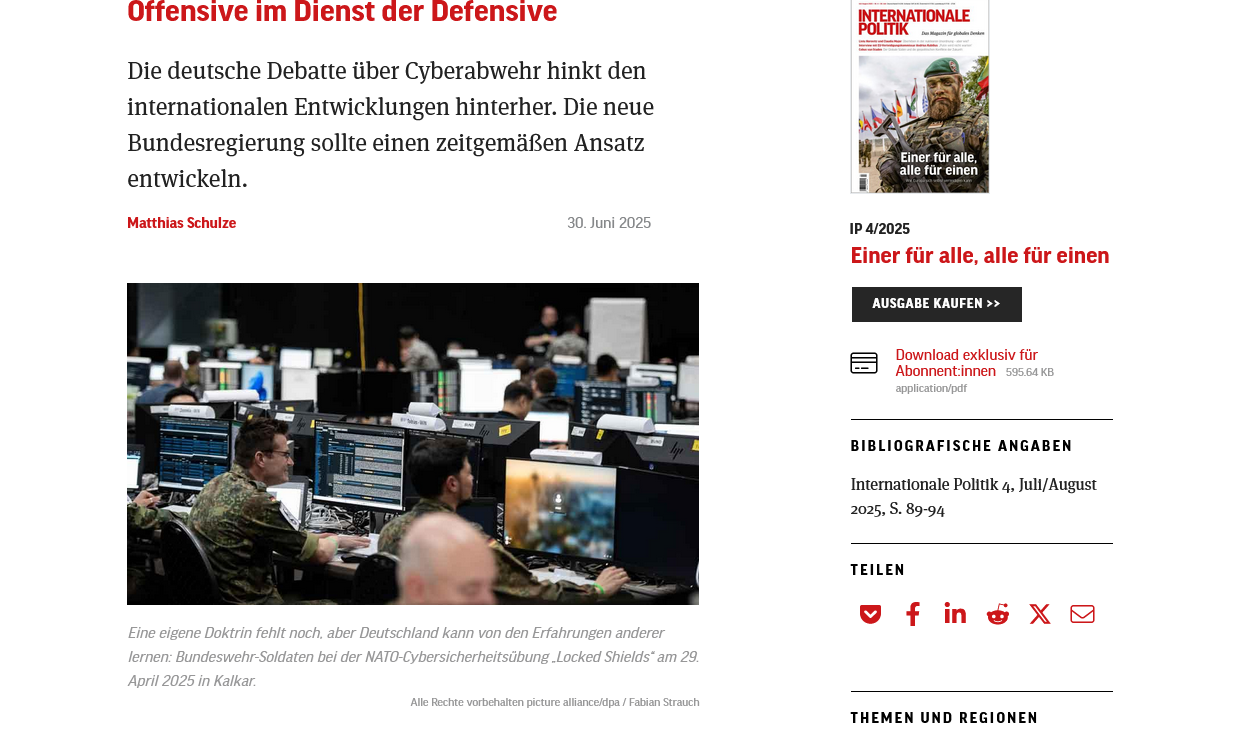
Matthias wrote a paper for Internationale Politik (German language only) where he diagnosed, that cybersecurity strategies are increasingly shifting from purely defensive toward more offensive postures, as exemplified by countries like France, Finland, and the Netherlands expanding their military cyber commands. In contrast, the German strategic debates lacks behind. Experience shows that a reactive, “ultima…
-
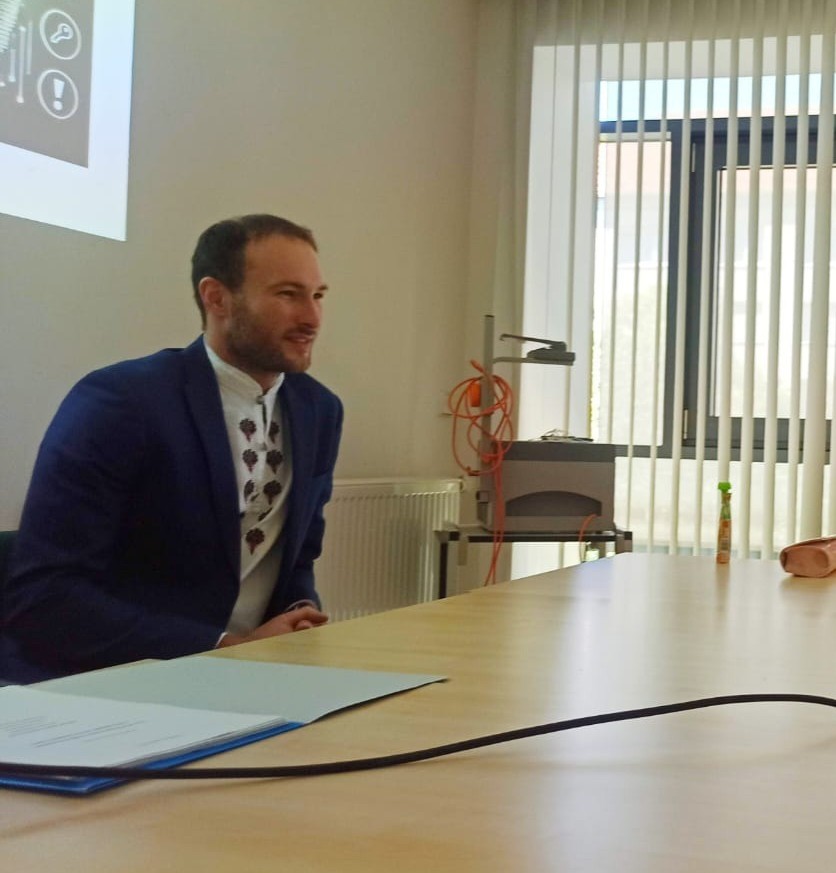
Mateusz Łabuz has just defended his PhD thesis at the Chemnitz University of Technology. Congratulations on achieving that landmark! Mateusz’s PhD project was devoted to regulating deepfakes and their systemic harmfulness. The dissertation addressed the political use of deepfakes and examined how this technology influences systemic risks and rivalry in international politics. Deepfakes, which have…
-
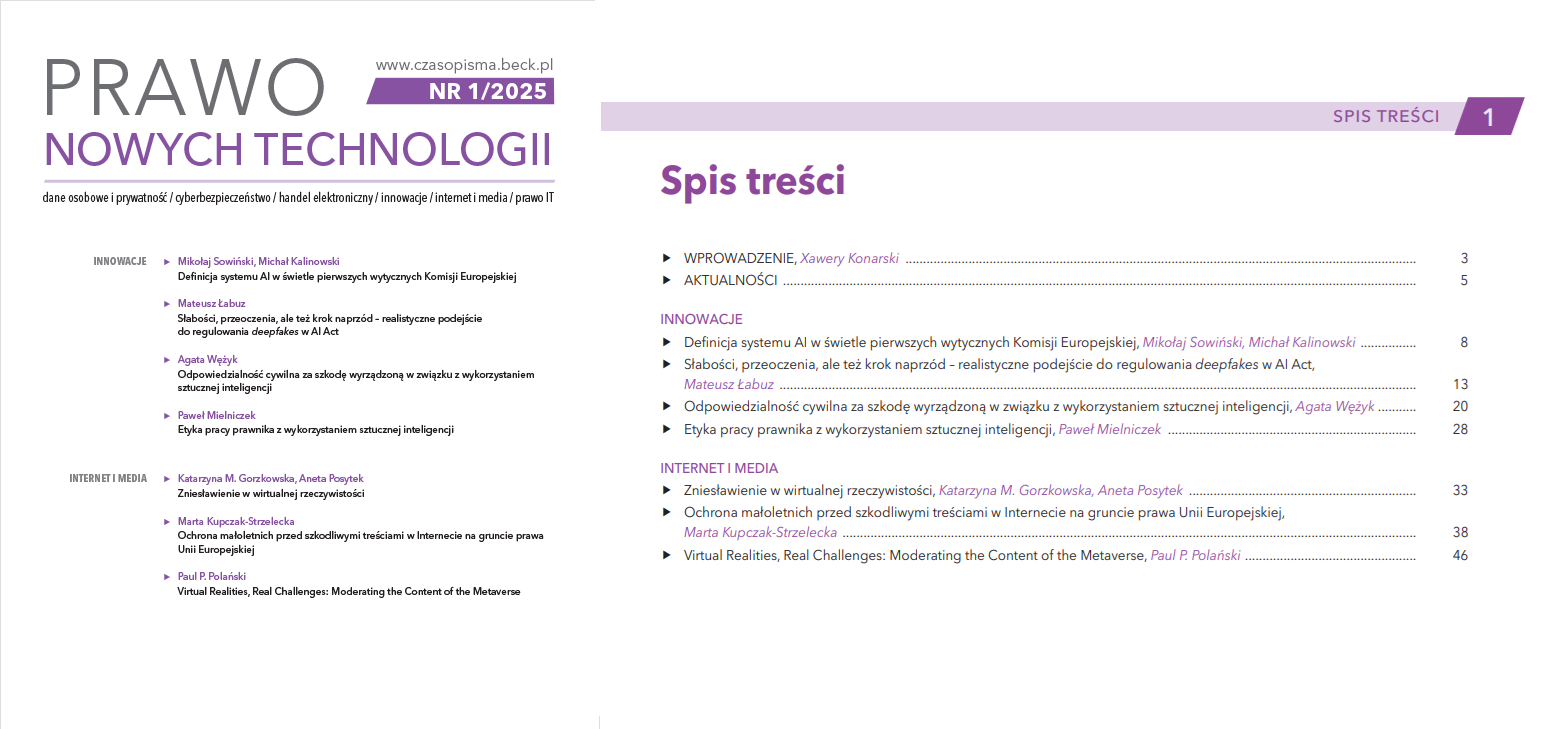
Mateusz Łabuz published peer-reviewed article titled “Deficiencies, oversights but also a step forward – a realistic approach to regulating deepfakes in the AI Act” (Polish version only) in the journal “Prawo Nowych Technologii”. Deepfakes, audio and video content generated or manipulated by artificial intelligence, pose a significant challenge for the security of information space. Identifying…
Archive
- Political Tech Summit
- ICS activities in the second half of 2025
- We are hiring!
- Defending democracy against foreign influence campaigns: A wargaming exercise
- Webinar with Cyprus institutions
- Mateusz as a speaker at the GIZ conference
- Mateusz co-authored book
- Matthias joins the BSI conference advisory board
- PROTEKT – Roundtable Espionage & Zeitenwende
- OpEd on strenghtening social resilience
- “Reverse Brussels effect”? Mateusz’s OpEd in The Loop
- OpEd on AI and why Leo XIV chose this name
- Matthias in podcast “Was ist da los?”
- #1 Und DAS glaubst du?! – Ist Desinformation eigentlich ein neues Phänomen? mit Dr. Matthias Schulze
- ICS activities in the first half of 2025
- Matthias in Table Briefings
- Mateusz has just defended his PhD Thesis!
- Annual Peace Report published!
- The Real End of History: AI Shaking Google’s Hegemony
- The Crumbling Foundation of Global Cybersecurity
- Podcast available on recent research activities by Matthias Schulze
- ICS supports research
- Commentary for Tagesspiegel Background
- Matthias in podcast from Deutschland Funk
- Part 2: Doing active cyber defense
- Matthias interviewed by Berlin Security Beat
- Comment for Tagesspiegel article
